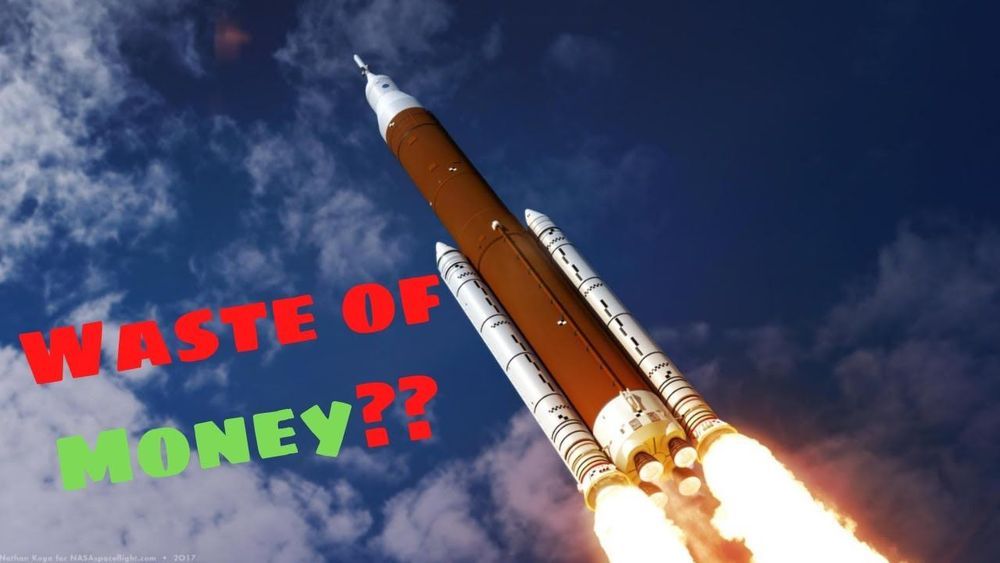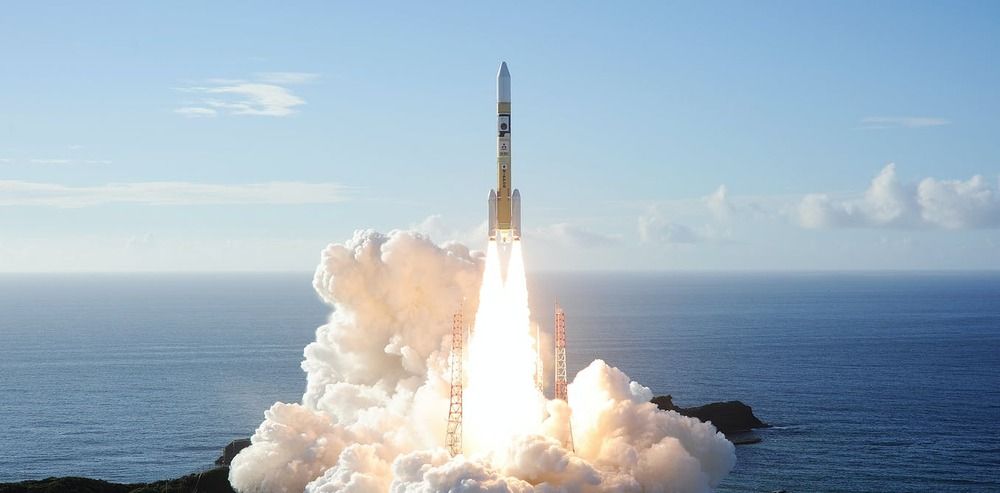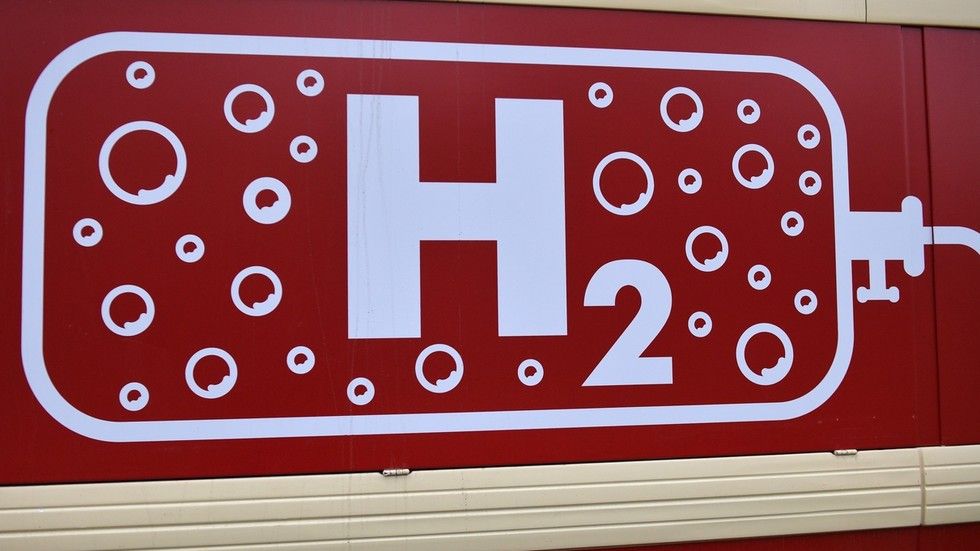Aug 1, 2020
Space Launch System vs. SpaceX: Is the SLS a Waste of Money
Posted by TJ Yoo in categories: business, economics, space travel
Oftentimes, many argue that NASA’s Space Launch System is a waste of money because it is being delayed over and over again despite having such a large budget. In this video, I will examine whether this is the case or not.
Discord Link: https://discord.gg/brYJDEr
Patreon link: https://www.patreon.com/TheFuturistTom
Please follow our instagram at: https://www.instagram.com/the_futurist_tom
For business inquires, please contact [email protected]

















